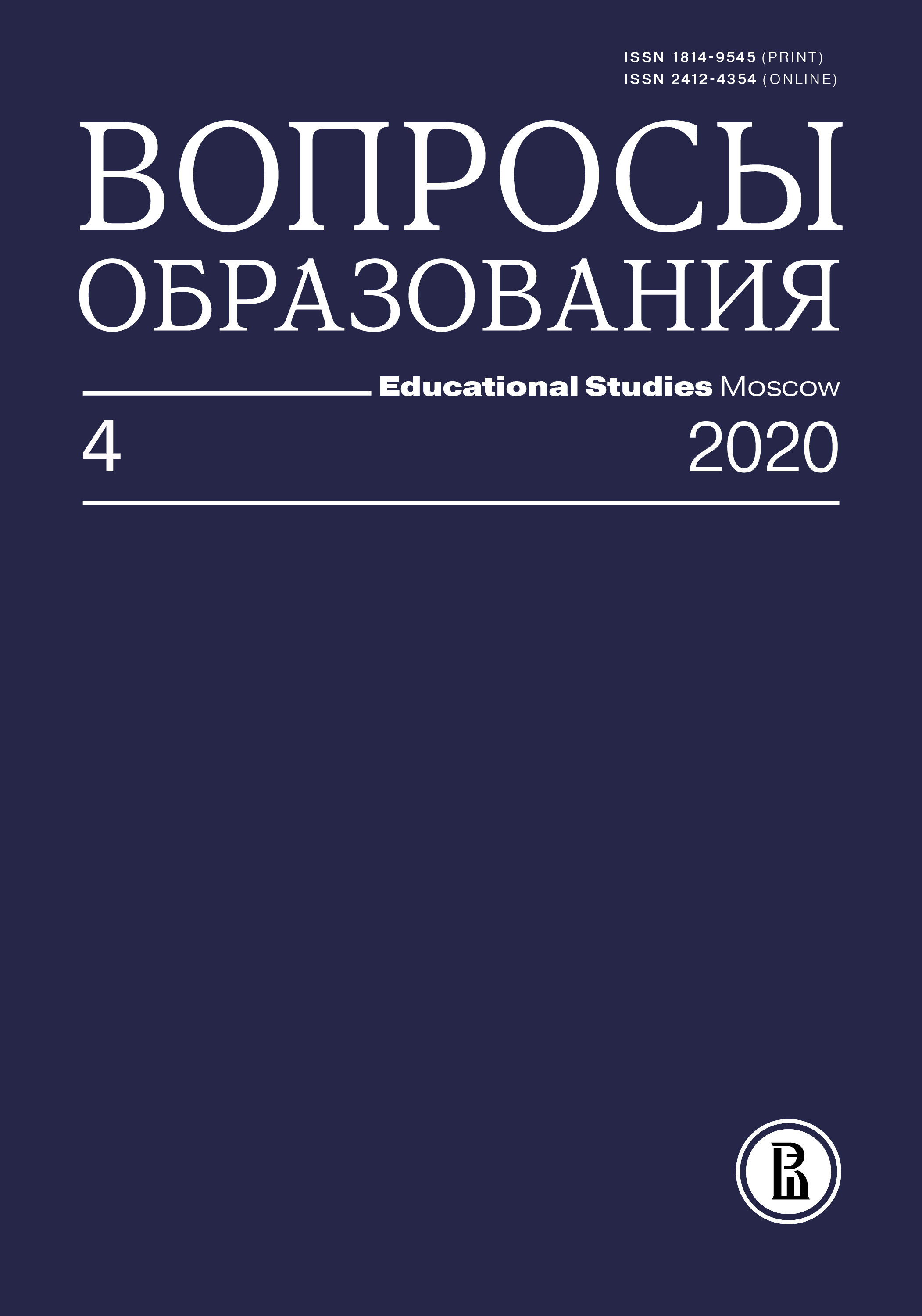Изучение возможности проведения межстранового сравнительного исследования навыка чтения у учащихся на входе в школу
Аннотация
Первые годы обучения, когда ребенок только учится читать, критически важны для дальнейшего образования и развития. Межстрановые сравнительные исследования развивающегося навыка чтения имеют значительный потенциал с исследовательской и практической точки зрения, поскольку дают исследователям, практикам и политикам информацию о возможностях и перспективах для развития детей младшего школьного возраста в разных странах, условиях и контекстах. Публикаций такого рода немного, а исследований, в которых принимали бы участие русскоязычные дети на этапе поступления в школу, нет.
На примере данных, полученных с помощью двух языковых версий инструмента iPIPS на репрезентативных выборках первоклассников из Республики Татарстан и Шотландии, проанализирована возможность сопоставления результатов оценивания раннего навыка чтения у детей, начинающих школьное обучение в странах, которые различаются языком, культурой, возрастом начала школьного обучения.
С целью изучения возможных способов сопоставления результатов в условиях отсутствия общей метрической шкалы для оценивания выборки детей из разных стран проведены два исследования: в первом метод экспертного ранжирования применен для установления соответствия уровней развития чтения на русском и английском языках, а во втором полученная уровневая модель используется для установления пороговых баллов (бенчмарок) результатов оценивания учащихся в двух странах.








